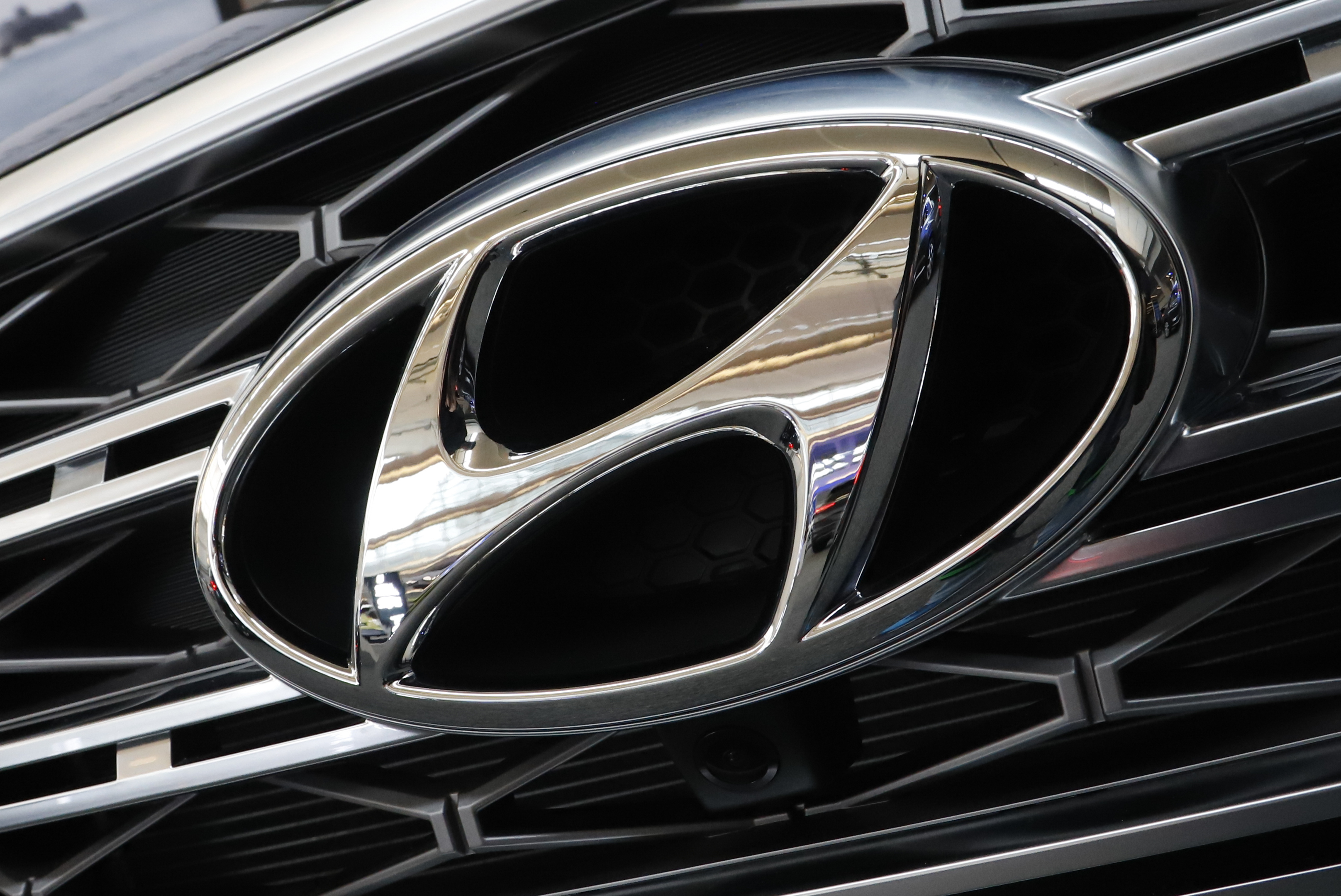Apple makes big demands of software developers who want an early crack at the iPad. Would-be testers of the tablet-style computer, due to be released Apr. 3, must promise to keep it isolated in a room with blacked-out windows, according to four people familiar with the more than 10-page pact that bars partners from disclosing information about the iPad.
To ensure that it can't be removed, the iPad must also remain tethered to a fixed object, said the people, who asked not to be named because their plans for the iPad have not been made public. Apple won't send out an iPad until potential partners send photographic evidence that they've complied.
Cupertino (Calif.)-based Apple shrouds its products in secrecy to build marketing mystique and keep rivals from getting an early look. In a practice known as seeding, the computer maker lets in select partners who can develop and test features such as games and digital book-reading tools to add allure to a product that Piper Jaffray analyst Gene Munster says may generate $4.6 billion in sales next year. "It sinks or swims on the content," says Needham & Co. analyst Charlie Wolf. "Apple wants to have as much in the way of applications on the device sooner rather than later."
Bending to Apple's demands may be a small price to pay for inclusion among software programmers who get a jump start on applications for a potentially best-selling product. Munster expects Apple to sell 3 million to 4 million iPads in the first year. Apple spokesman Steve Dowling declined to comment. A copy of the so-called nondisclosure agreement could not be obtained by Bloomberg BusinessWeek.
Contending with Leaks
Apple has always required developers to keep prerelease versions of its devices under lock and key. The company is known to alter products it sends out so that it can trace the source of leaks should product details or photos end up in the media. "They are very serious about the NDAs," says Edward Eigerman, who was a senior systems engineer with Apple from 2001 to 2005, when Apple terminated him for providing unreleased Mac software to a customer.
Over the years, Apple has become more rigorous in its demands for secrecy, Eigerman says. "They're facing greater and greater security challenges," says Eigerman, who now heads New York-based IT consultancy Eigerman Consulting. As the number of would-be partners in more places increases, so does the risk of violations of nondisclosure agreements, he says.
Apple's code of silence extends to 140-character messages on the microblogging site Twitter. During an in-person meeting with Apple representatives in February, Wall Street Journal Deputy Managing Editor Alan Murray posted a short message to Twitter that announced he was using the device. The tweet was later removed from the site.
U.S. & World
Stories that affect your life across the U.S. and around the world.
Some developers have requested iPads in vain. Representatives of Flixster, which makes movie-viewing apps, were turned down, says Flixster founder Joe Greenstein. "My general plan involved a lot of begging and pleading," Greenstein says. The same goes for Trip Hawkins, founder of the mobile app company Digital Chocolate. "We asked for the iPad many times and got nowhere," Hawkins says in an e-mail message. Hawkins was formerly head of marketing at Apple before leaving to start Electronic Arts.
Simulator software
Evernote, a maker of software that helps users organize and store documents, was similarly rejected and is nevertheless working on a version of its app for the iPad. "We've never actually touched one," says Evernote CEO Phil Libin. Evernote sells an app for the iPhone and has been working on a version for the iPad since before Apple Chief Executive Steve Jobs unveiled the device on Jan. 27.
For a fee, Apple provides so-called simulator software that lets programmers create apps on a computer other than an iPad. The fee is waived for iPhone developers. Still, software makers who don't have the real thing will be at a disadvantage, Libin says. To make an educated guess at certain aspects of the iPad, like knowing where a user's thumbs will naturally rest, the Evernote team created its own cardboard mockup of the device. But the company plans to leave a few features—like writing with your finger — out of its app until it can test them with an actual iPad. Creating a dual-class system, "you run the risk of alienating some of your developers," Needham's Wolf says.
Apple is also likely to be seeding top developers to encourage other software makers, says Oren Michels, CEO of Mashery, which helps companies manage relationships with third-party developers. "The thing about developing anything new is that you need some examples to work from," Michels says. Apple would do well to pick a few promising coders, Michels says, and let them "be the inspiration for everyone else." They'll also need to keep most of what they know a secret.
With Connie Guglielmo in San Francisco. Douglas MacMillan is a staff writer for Bloomberg BusinessWeek, covering technology.



